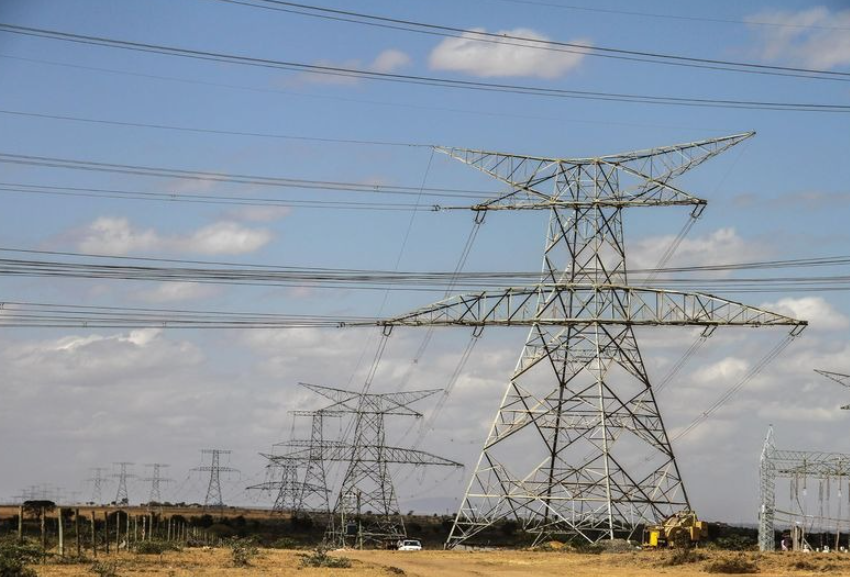Participants to sample different varieties of Kenyan tea during TBK’s centenary celebrations

Participants attending the centenary celebrations of the Tea Board of Kenya (TBK) will be treated to a wide variety of Kenyan tea as the nation marks a milestone in its tea industry’s history.
The celebrations will begin with Heritage Week at Karatina University from November 6 to 8, 2024. The event will bring together the local community, academia, and tea industry stakeholders to explore the journey of tea over the past century.
During the cultural week, attendees will have the opportunity to participate in educational tours of local tea farms, as well as workshops focused on sustainable farming practices, innovations, and the future of the tea industry. The workshops will feature insights from experts, environmentalists, and industry leaders.
“These events, under the banner of the Kenya Tea Industry Centenary Celebrations, aim to celebrate the tea industry’s rich legacy, honour its contribution to the nation, and chart its path forward,” the TBK says on its website.
History of Tea Farming in Kenya
The Tea Board of Kenya (TBK) notes that the first tea seedlings (Camellia sinensis) were introduced to Kenya in 1903 by European settlers in Limuru, Kiambu County, on an experimental basis. These early tea bushes have grown into large trees, a historical feature of what is now Unilever’s Mabroukie Tea Estate.
Commercial tea cultivation in Kenya began in 1924, but it remained largely in the hands of colonial settlers until 1956 when African growers were allowed to plant tea.

Today, tea is grown in the highlands, primarily to the west and east of the Rift Valley, at altitudes between 1,500 and 2,700 meters above sea level. The country’s 19 tea-growing counties include Nakuru, Narok, Kericho, Bomet, Nyamira, Kisii, Kakamega, Bungoma, Vihiga, Nandi, Elgeyo Marakwet, Trans-Nzoia, Kiambu, Murang’a, Nyeri, Kirinyaga, Embu, Tharaka-Nithi, and Meru.
“The ideal conditions for tea cultivation include tropical volcanic red soils and favourable weather patterns, such as well-distributed rainfall of between 1,200 mm and 1,400 mm per year,” the TBK adds.
“Unlike many other countries, Kenya produces tea year-round, with minimal seasonal variations in quantity, due to its location along the equator.”
The Impact of Tea on Kenya’s Economy
The Tea Board of Kenya is celebrating 100 years since its establishment in 1924, with a mandate to regulate and promote the Kenyan tea industry.
Today, Kenya’s tea sector is one of the country’s leading foreign exchange earners, contributing about 23 per cent of total foreign exchange earnings and two per cent of Agricultural GDP.
Annually, Kenya produces over 450 million kilograms of tea, generating more than Ksh120 billion in export revenue and Ksh22 billion in local sales.
The industry directly and indirectly supports approximately five million people, with an estimated 650,000 smallholder tea farmers depending on tea production, making the sector one of the country’s most important industries.













